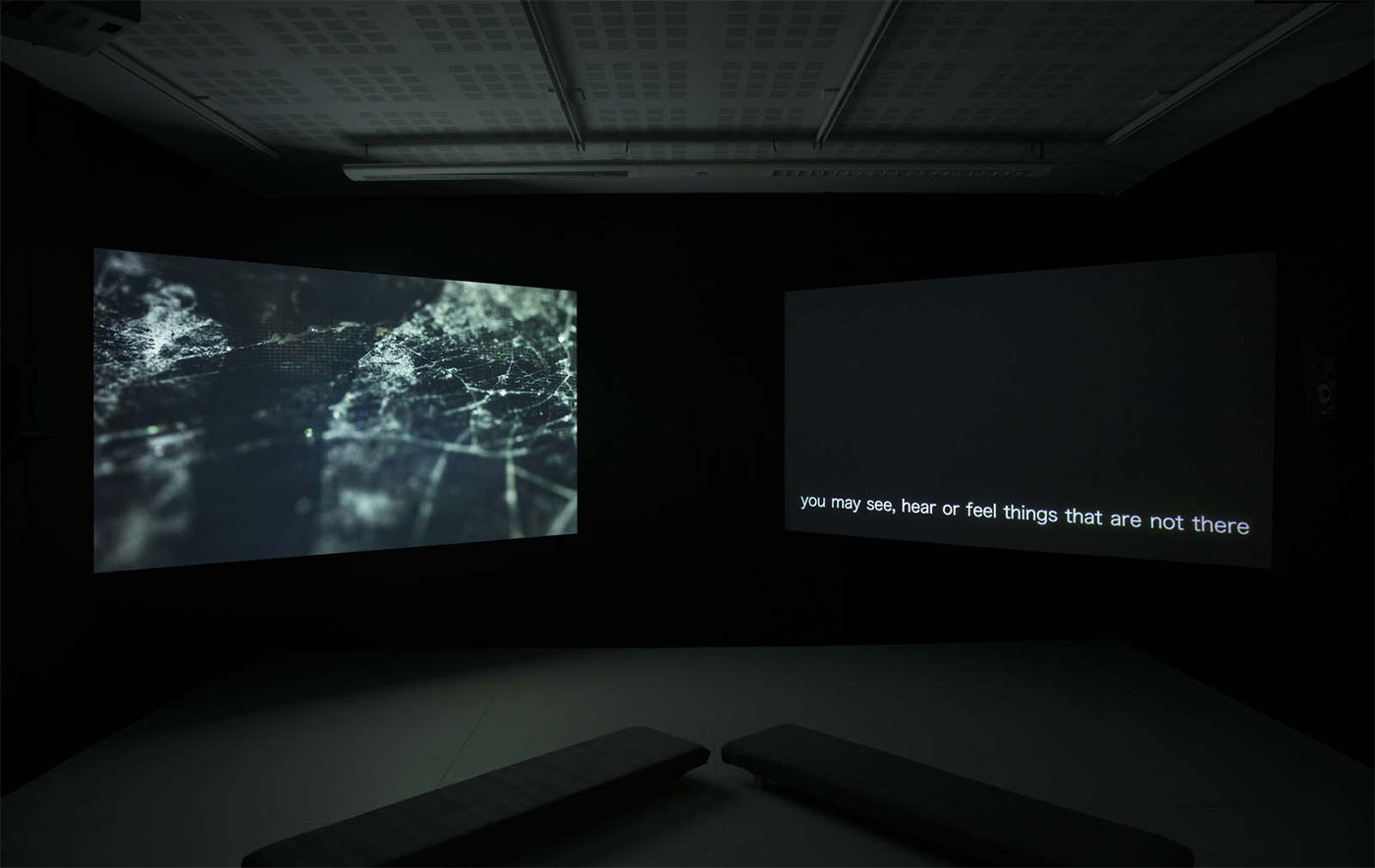by Tuce Erel
Berlin’s transmediale festival is hosting its 29th edition from 3rd February through 7th February, 2016. We talked to the artistic director of the festival, Kristoffer Gansing, about this year’s transmediale titled ‘conversationpiece’ and it’s four-layered theme: ‘Anxious to Act, Anxious to Make, Anxious to Share, and Anxious to Secure’.

During his time as the artistic director of transmediale since 2012, Gansing has reshaped the festival not only in content but also by replacing the ‘transmediale awards’ with an artist residency programme to create an organic relationship with artists during the development of the festival. His curatorial approach aims to change the renowned festival’s position from one of the best for new media art of the year (in German ‘Leistungsschau’) towards a media festival, which creates a space of discussion for artists, academics, and students. Transmediale provides a networking platform for people from the field with its popularity increasing more and more in the last couple of years. “What is the role of meetings after ‘the networking’ of everything?” Gansing states and further mentions: “We even try to question our own role and not to repeat ourselves every year.”
The title ‘conversationpiece’ references a genre of group portraits common in the 17th and 18th centuries showing bourgeois families at tea parties and gallery viewings engaged in conversations. Very much in contrast to this restricted and hierarchically organised view on ‘conversations’, this year’s Transmediale aims to point at the inherently fragmented nature of conversations, trying to trigger a dialogue between its participants and ‘democratising’ the conversation process so to speak. Artists, academics and art lovers are welcomed to contribute to and participate in a conversation within the aforementioned four-layered theme. According to Gansing, this year’s theme has been a key concern of transmediale since its inception. Questions and debates related to media activism are brought together under the title of ‘Anxious to Act’. The theme ‘Anxious to Make’ questions DIY culture, while questions on different organisation of resources and digital economies will be discussed in ‘Anxious to Share’. The ‘Anxious to Secure’ section will deal with the topic of surveillance. The Berlin based new media festival aims to connect the problems of post-digital culture with anxiety. “Transmediale is always good at portraying the ambiguity of technological development and its relation to society and art. Art is important to point out contradictions that are obvious, it helps to open up and point out these problems” says Gansing.
According to Gansing transmediale/conversationpiece will not end after the five-day long festival. They plan to publish documentation of the discussions and articles about the sessions, together with video or audio recordings. Gansing hopes that this year’s discussions will also be a transition point for the 30th anniversary of transmediale, hinting at next year’s celebration. He also mentions that in 2017 there are plans for an exhibition portraying the success of the last 30 years of the festival. The team is currently working on a referencing system that will connect the artworks in the next edition with the festival’s past.
There seems to be a curatorial shift towards sensorial experiences in the field of new media art. In this context Gansing mentions that transmediale/conversationpiece does not only refer to the process of talking. In fact other sensory dimensions are part of the programme, like sound related performances, mixed events, film screenings with discussions and temporary installations also known as ‘hybrid’ events. Burak Arıkan, an artist based in Istanbul and New York, will run a two-day long ‘Graph Commons’ workshop, focusing on the design and understanding of complex networks through mapping and visual analysis. The workshop will ask how to map complex networks and how to read them with methods such as graph analysis. The workshop will also include practice-based work such as sketching diagrammes and drawing graphs. Another artist, Alona Rodeh, based in Tel Aviv and Berlin, addresses the history of sirens and how these sirens are used in popular culture like hip-hop music. The artist’s performance titled ‘Fear of Silence, or A Brief History of the Air-Raid Siren’, together with her workshops in the programme is pointing at new ways of sensorial curating at the transmediale festival. Gansing highlights another event, which is part of the programme – ‘panic room’. Panic room, taking place every day from 2-6 pm, consists of open discussions with participants and an audience facilitated by two moderators. This year’s transmediale hosts four artists from Turkey: Burak Arıkan, Serhat Köksal, Özge Çelikaslan and Alper Şen (bak.ma).
Burak Arıkan will conduct his 2-day long ‘Graph Commons’ workshop on 3rd and 4th February from 11 am to 2 pm. Arıkan will have a talk on 4th February together with Jussi Parikka at 4.30 pm titled ‘The Map is the Territory’. Multimedia artist Serhat Köksal, aka 2/5BZ, will present his performance ‘Seeing Power – What About That?’ on 6th February at 8 pm. Özge Çelikaslan and Alper Şen who are video artists and the founders of bak.ma, will be participants at a Panic Room session on 5th February titled ‘Post-Digital Anxiety’ together with Bani Brusadin, David Garcia, Brian Holmes, Eric Kluitenberg, Elizabeth Losh, Pit Schultz, and Nishant Shah. The initiators of bak.ma will also talk at ‘Five Years After’, a hybrid event on 6th of February at 12 pm.
All transmediale events will be hosted at Haus der Kulturen der Welt (HKW). Further details of the programme are available on the transmediale website.
Click here for images

